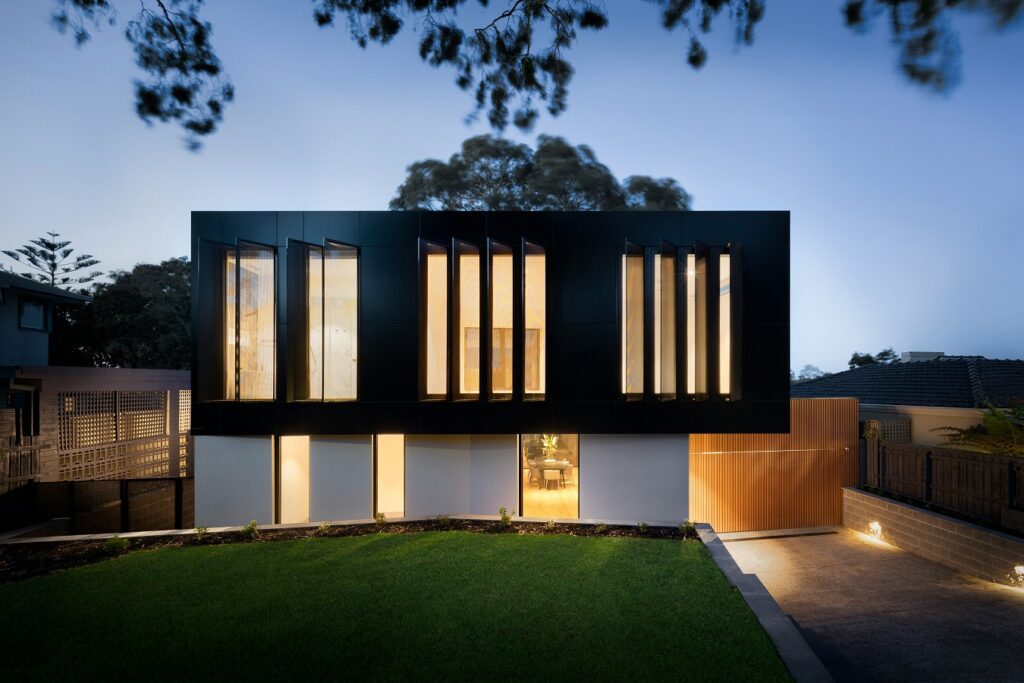For any first time buyer, the idea of renting out the basement for $800 per month to help pay the mortgage sounds like a fantastic idea!
But when you rent to that long-haul truck driver who won’t pay his rent and won’t leave, then you’re in trouble.
The one thing that buyers never consider: the legal ramifications of the basement apartment…
Here is an article from last month’s “Realtor EDGE” publication.
Many homebuyers consider purchasing a property with an existing or potential for a second suite. First-time homebuyers in particular often hope to take advantage of the extra income in a second suite, often a basement apartment can generate. Financial advantages can be great, but the buyer needs to know the legal implications.
Whether a suite is a legal second suite will depend on building code and fire code issues and municipal zoning bylaws. Although bylaws across Ontario are generally similar, each municipality has its own variations.
For example, while the town of Bolton encourages basement apartments, in neighbouring Brampton, only basement apartments built before November 16th, 2995 are legal, and these units must be registered by the city.
Basement apartments in Brampton built after that date are illegal. Any landlord that violates this bylaw faces fines of up to $50,000 and one year in prison. Realtors should encourage their clients to visit a municipality’s website, or speak to a lawyer located in this area.
If a buyer intends to create a second suite, he needs to determine whether the home qualifies under the bylaws of the specific municipality. If the home does not meet these requirements, the potential buyer must determine whether he is willing to make the necessary changes to create a legal apartment. A building permit is always needed, even in cases where construction will not be taking place.
Any construction plans are approved based on zoning requirements, safety systems, and building issues. Once a second suite is introduced into a home, a General Inspection for Fire Code Compliance must be completed by the Electrical Safety Authority. The inspection reviews both the owner’s unit and the rental unit for fire code compliance.
If a home currently has a second suite, it is important to determine whether the existing unit meets the municipality’s requirements. The municipality will inspect the unit to determine whether it is fit for habitation and whether it meets established standards. Both new and existing units require a General Inspection for Fire Code Compliance.
The cost of retrofitting a home depends on the home’s condition. Assuming a renovation expense of $25,000 and net rental income of $500 per month, the return on investment will be 24 per cent. The investment will pay itself back in just over four years.
Rent collected from a second suite must be declared as income.
However, landlords can deduct direct expenses (directly related to operating the rental unit, ie. replacing appliances) and indirect expenses (costs shared with the entire house, ie. utilities and mortgage interest) needed to operate the suite. Direct expenses are 100 per cent deductible; indirect expenses are deducted on the portion of the home assigned to the rental unit.
Landlords can also deduct capital cost allowance (CCA), commonly known as depreciation, from their income. CCA is permitted on any long-term purchase, such as renovations or appliances. The consequences of claiming CCA must be considered carefully. The equity earned when selling a principal residence is not taxed.
However, once CCA is claimed, the area dedicated to the second suite is no longer considered personal residence. Therefore, a homeowner would forego an tax benefits from the sale of the property on the second suite portion of the home.
A second suite can increase a property’s value between two and five per cent. Property taxes are based on a Current Value Assessment (CVA), which usually does not increase unless the home’s value increases by at least $10,000 or five per cent. So, most second suites do not add enough value to increase taxes.
The exception is a second suite created by an addition, which can add significant value to a property and can increase property taxes.
__________________________________________________________________________________________
Wow.
I have to say – this article assumes that the whole world is viewed through rose-colored classes and that every person is honest down to his or her core.
I can’t tell you how many houses in Toronto (or other cities/towns for that matter) have “illegal” basement apartments that don’t meet any code, regulation, or bylaw whatsoever.
More to the point, I suspect that a good majority of homeowners with basement apartments aren’t declaring the supplementary rent as income. How many of these homeowners are keeping track of their indirect and direct expenses as they pertain to the basement unit in their house and then deducing it from the net rental income?
Wow.
I can’t tell you what I would do if it were me…
It’s that old adage – ask two lawyers a question, and you’ll get two different answers. Ask two accountants a question, and you’ll get three different answers.
Ultimately, it’s up to the homeowner to decide which route to go, both in terms of “legalizing” the second suite, and in terms of how to keep track of and declare the additional rental income.
I say “It’s up to them” because most people don’t do it…































LM
at 8:22 am
What is the situation in Toronto if you have a disagreement with your tenant and the suite is illegal? Do landlords write it off rather than risk possible prosecution if they were to pursue problems with the tenant via the courts?
Martin
at 2:21 pm
I have a legal basement appartment and I declare my revenues and expenses. Believe it or not, in my case, it benefits us to do so. You can actually “lose money” on paper by attributing a % of your fixed costs to the basement suite, which allows you to get a tax refund from the government. You can do this for number of years as long as you expect to turn a profit eventually.
The real issue is finding a good tenant. We had this little weasel of a teenager that
Martin
at 2:22 pm
(sorry, didn’t finish my comment).
always used to bounce checks, burn incense, play guitar, and have all his friends over. That is the real issue. Sharing your house can be annoying when you get a even a so-so tenant.
matt
at 4:10 pm
I have a friend who wants to buy a house in the $600K range and rent it out. Just wondering if you have any experience/an opinion on this. I find it hard to understand how this is a good investment (even if a majority of the money doesn’t need to be borrowed). I suggested a condo, but they’re adamant on a house, the whole thing, a rental unit. Interested in your thoughts David.
David Fleming
at 10:18 pm
@ Matt
Rental yields are very low in Toronto condos right now.
The basic idea is: the more units, the higher the yield.
A fourplex generally has a better cap rate than a triplex.
A twenty unit building has a far higher cap rate than a fourplex.
And so on.
The $600,000 house your friend is looking at – is there a basement unit, or is this a duplex with a basement? Generally speaking, the yield on renting out a single family dwelling isn’t very high (similar to renting out a condo).
Multi-unit is the way to go if they’re looking for a true “investment property.”
matt
at 2:59 pm
Not sure if they’re looking at a house with separate basement. I figured that the yield wouldn’t be that high for a house though. Anyway, thanks for the reply. Enjoying your blog!
Marica
at 11:16 pm
If the rental of an apt in a house ( in which the owner also lives) pays for the owners taxes and all the utilities and no more, does this have to be declared or not, since the amount is not really an expectation of profit.
Andy
at 2:51 pm
Excellent guide – thanks for taking the time!